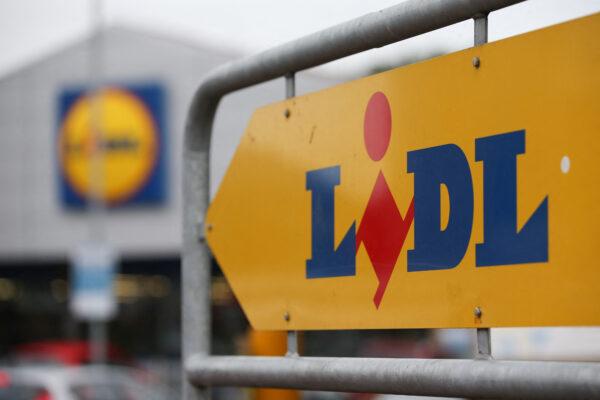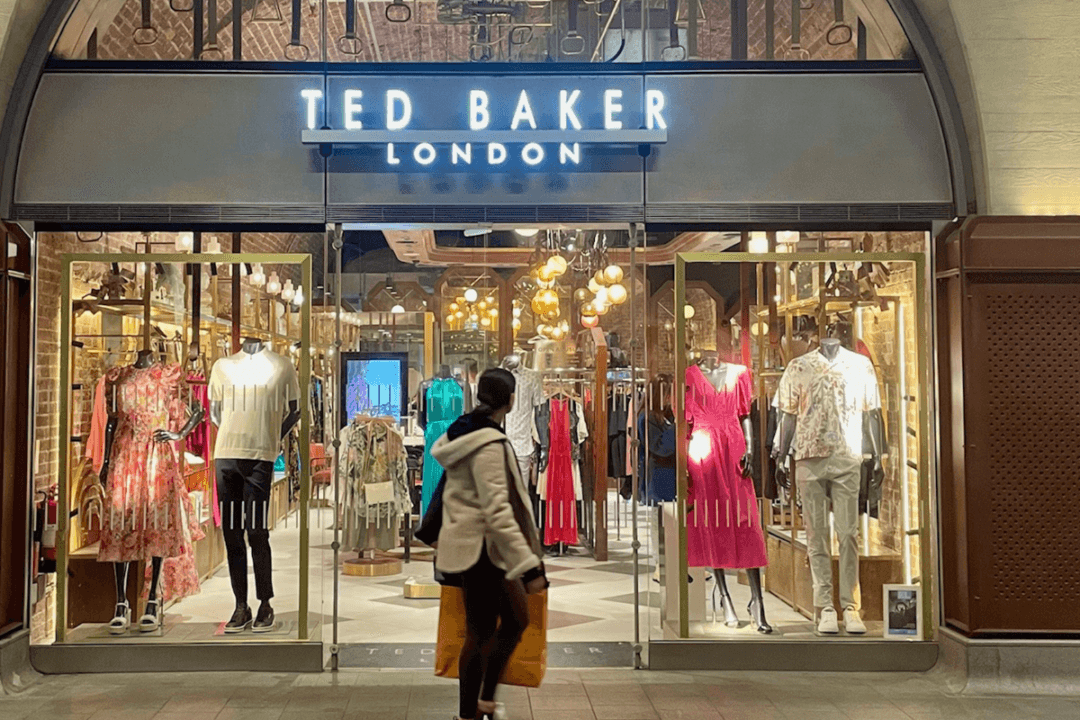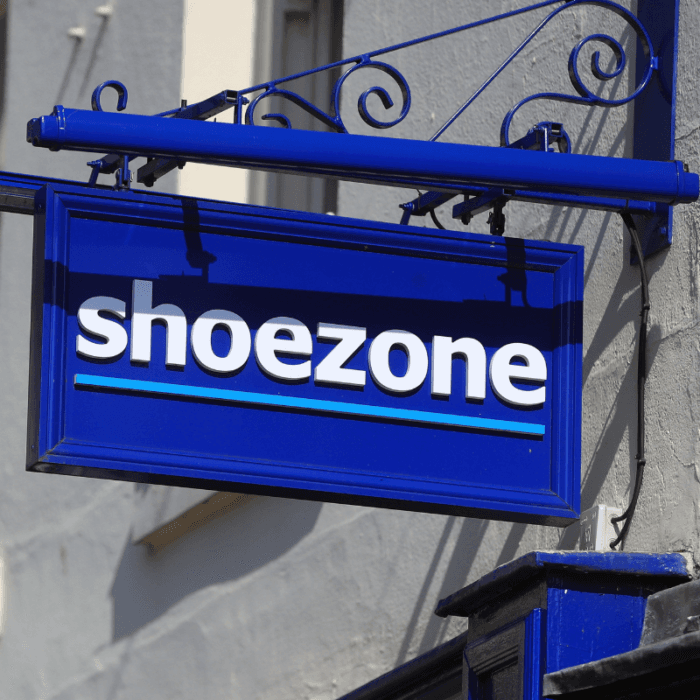More than 13,400 shops shut in 2024, with experts warning it will only get worse this year as cost increases outlined in the Budget are expected to impact retailers.
In total, 169,395 jobs were lost, including 58,616 from independent retailers.
Some 11,341 independent stores closed, making up 84 percent of the total and representing an increase of 46 percent on the year before when 7,793 shut.
Meanwhile, 2,138 chain stores were closed.
‘Worse Set to Come’
The Centre for Retail Research predicts that closures and job losses will be worse in the coming 12 months, linked to the rise in employer National Insurance Contributions (NICs) and the increase in the minimum wage.“Whilst the results for 2024 show that although the outcomes for store closures overall were not as poor as in either 2020 or 2022, they are still disconcerting, with worse set to come in 2025,” said the director of the Centre for Retail Research, Professor Joshua Bamfield.
The centre predicts that by the end of 2025, 17,349 stores will have closed with 201,953 jobs lost.
Business Rates
Smaller retailers are also set to be impacted by changes to the discount to business rates taxes, which will fall from 75 percent to 40 percent in April.Commercial real estate firm Altus Group said the cut will see the average shop’s rates bill more than double from £3,589 to £8,613 in financial year 2025/26.
Alex Probyn, president of property tax at Altus, said it was “foolhardy” to cut the relief after a tough year for retail.
Budget Impact
On Oct. 30, Chancellor of the Exchequer Rachel Reeves revealed that there would be a 1.2 percent increase in NICs, to 15 percent, and that the national minimum wage will go up to £12.21 an hour in April 2025.Since then, leaders in retail and hospitality have warned that the changes could lead to job losses, store closures, and higher prices for consumers.
Co-op Expansion
However, not all of the retail sector is suffering.On Thursday, the Co-op announced plans to open 75 new stores across the UK this year.
The brand said the new stores will go beyond selling groceries, and could include services such as parcel collections and returns and payment services.

Over the Christmas period, Lidl said sales increased 7 percent year-on-year and turnover surpassed £1 billion over the four weeks to Dec. 24.
Last month industry analysts at Kantar said the German store had become the fastest growing bricks-and-mortar grocer over the past quarter and was closing in on Morrisons’s position as the UK’s fifth largest supermarket group.The brand also continues to expand, opening 10 more stores before Christmas which created some 400 new jobs.







